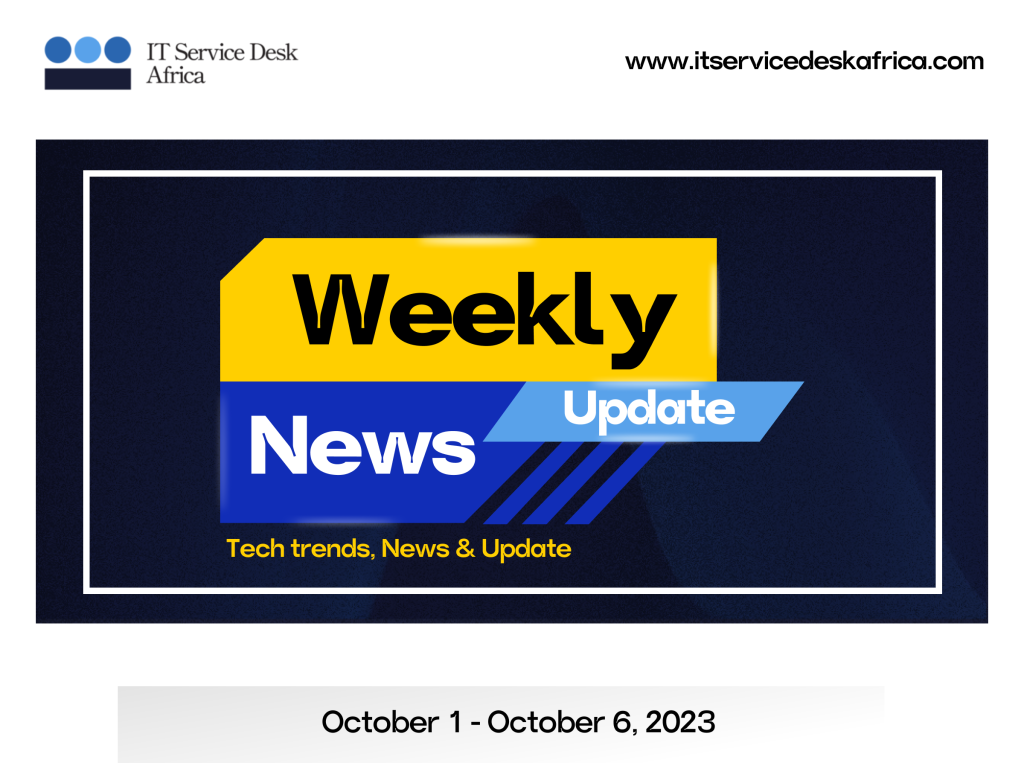1. Major-Tech Giants Are Investing in Humanoid Robots
Humanoid robots, or robots that resemble and behave like humans, have long been a fascination for
science fiction and a challenge for engineering. However, in recent years, some of the world’s most
influential tech moguls have shown a growing interest and investment in this field, driven by the
potential of artificial intelligence (AI) to create new and innovative applications.
One of the most prominent examples is Jeff Bezos, the founder and CEO of Amazon, who recently
announced his plans to step down from his role and focus more on his other ventures, including his
robotics company, HaptX. HaptX specializes in developing realistic haptic feedback systems that allow
users to touch and feel virtual objects and environments. Bezos has also invested in Vicarious, a
secretive AI startup that aims to create human-like robots that can learn from their own experiences.
Another tech mogul who is betting on humanoid robots is Elon Musk, the founder and CEO of Tesla and
SpaceX, who is also the co-founder and CEO of Neuralink, a company that develops brain-computer
interfaces. Musk has stated that he believes that humanoid robots are the future of labor and that his
companies will eventually produce them. He has also expressed his concerns about the risks of AI and
the need for ethical and regulatory frameworks to ensure its safe and beneficial use.
Other tech giants who are involved in humanoid robotics include Google, which acquired Boston
Dynamics is a leading robotics company that produces agile and versatile robots such as Atlas and Spot.
Facebook, has a dedicated AI research lab that explores various aspects of robotics, such as
perception, manipulation, and locomotion; and Microsoft, which has partnered with OpenAI, a research
organization co-founded by Musk, to create a platform for developing and deploying large-scale AI
systems.
The motivations and goals of these tech moguls may vary, but they all share a common vision: to
harness the power of AI to create humanoid robots that can perform tasks that are currently impossible
or impractical for humans, such as exploring space, assisting in disaster relief, or enhancing human
capabilities. However, they also face significant challenges and uncertainties, such as technical
limitations, ethical dilemmas, social implications, and regulatory hurdles. The future of humanoid
robotics is still uncertain, but it will be shaped by the ambitions and actions of these tech
leaders.
See also: Tech News Update For The Third Week Of February
2. Bayobab and MTN Nigeria to Boost Digital Connectivity in Africa with 2Africa Cable
Bayobab, a pan-African digital connectivity solutions provider, has partnered with MTN Nigeria, the
leading mobile network operator in the country, to land a 45,000km subsea cable in Nigeria. The cable,
known as 2Africa, is said to be the longest underwater cable in the world, passing through three
continents and 33 countries, several of which are in Africa. The cable landing station is located at Mopo-
Onibeju Lekki area of Lagos.
According to Josephine Sarouk, the Managing Director of Bayobab Nigeria, the cable will directly support
economic development in Africa, fostering further growth of 4G, and 5G and increased broadband
penetration to millions of people and businesses. She said that Bayobab has invested in various
submarine cables to boost the broadband capacity and connectivity in the continent, and to leverage
technology to connect the unconnected in Africa and beyond. She also said that the landing of 2Africa in
Nigeria will supercharge the country’s digital economy, creating space for a vibrant ecosystem of digital
services in line with the government’s vision.
The landing of the cable means that Nigerian service providers can access capacity in an open-access
cable landing station on a fair and equitable basis. This will facilitate improved quality and accessibility
of internet connectivity for consumers and local businesses across all sectors. The landing of 2Africa in
Nigeria is expected to spur economic growth, innovation, and development in the nation.
The 2Africa consortium includes Bayobab, Center3, China Mobile International, Meta, Orange, Telecom
Egypt, Vodafone Group, and WIOCC. The cable is designed to deliver more than the total combined
capacity of all subsea cables serving Africa today and will have a design capacity of up to 180Tbps on
key parts of the system. The cable will also incorporate optical switching technology to enable flexible
management of bandwidth. The cable is expected to be operational by 2023.
If you want to read the full news articles, you can click on the links above.
See also: Unlocking Business Resilience: A Journey into the Future of Remote Monitoring and Troubleshooting
3. Tinubu Names New Executive Commissioners for NCC
President Bola Tinubu has appointed Abraham Oshadami and Rimini Makama as the new Executive
Commissioners of the Nigerian Communications Commission (NCC), the regulatory body for the
telecommunications sector in Nigeria. Oshadami will be in charge of Technical Services, while Makama
will oversee Stakeholder Management.
The appointments are part of the president’s reconstitution of the management teams of three
agencies under the Federal Ministry of Communications and Digital Economy. The president also
appointed new officials for the Nigerian Communications Satellite (NIGCOMSAT) Limited and Galaxy
Backbone (GB) Limited. The president expects that the new appointees will deliver excellent service and
enhance the impact of the digital economy sector on the nation’s development.
Please leave a comment down below.



